| ISLAND Newsletter - April 2020 |
View in browser | Print |
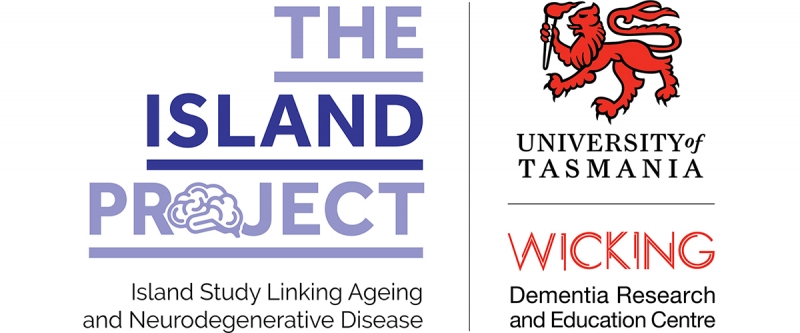 | | Technology Ready for Social Connectivity | 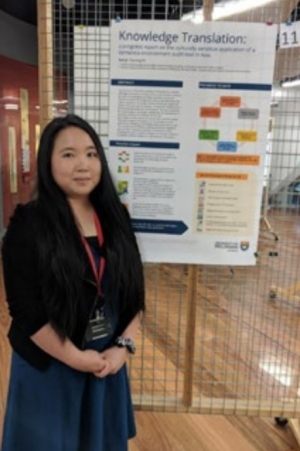
Welcome to this edition of the ISLAND Project newsletter. I'm Joanna Sun, a member of the ISLAND Project team and the Social Media Coordinator at Wicking. I am also a PhD candidate with the University of Wollongong. My research focuses on the development of a built environmental assessment tool for people living with dementia in Singapore. I also work as a consultant designing dementia enabling environments for the last 8 years. I am really interested in researching the influence of the built environment and how the combination of the built environment and technology can reduce isolation and enhance social connectivity and engagement for people living with dementia and their families. I hope that continuous improvements in environmental design and technology can enable people to age in place in environments that promote inclusiveness, dignity and respect. I have published my thoughts on this topic in the National Institute for Health and Research Dementia Researcher (UK) and the link is below if you're interested in reading more! I hope you enjoy this edition of the ISLAND Project newsletter as we further focus on social engagement as a modifiable risk factor for potentially preventing dementia. Dementia Researcher article NIHR(UK)
| | Staying Connected At Home | 
Having designed environments for people living with dementia for close to a decade, Joanna has observed that the biggest obstacle in ageing in place is the exclusion of technology for older adults. Research has shown that utilising the right technology at home can reduce loneliness, improve well-being and ultimately increase the ability to age in place independently. Chat rooms, video calls, virtual reality systems, social networking groups, videogames are just some examples of technology that are currently utilised and researched to measure their application in the improvement of health and well-being. Among the sea of options, it has been found that video calls were efficient in keeping people connected and alleviating loneliness. It is also more effective compared to telephone calls or letters.
|
Why are video calls better than phone calls or letters?
Porges's theory of social engagement and attachment theory indicates that facial expressions and body language are crucial in the formation of social bonds. The theory highlights the importance of being able to see the movement of a person's head and their gaze to determine one's perception of the level of social engagement attained. The lack of these visually perceived social cues through phone calls and letters reduces the perception of social engagement. They say you can hear a love one smile over the telephone but being able to see their smile will light up your heart in the dark. To carry out video calls in the home environment doesn't require the latest whiz-bang gadgets or a smart home system. At a bare minimum, the household should have access to the internet with a basic set up using a desktop computer with a camera, or via a smartphone or a tablet. The use of smartphones or tablets can also allow the person to be moving around while taking a call. Aside from just making video calls to occasionally catch up with love ones, there are many activities that people can engage in.
| | Activities to Enhance Your Video Calls | 
Here's a list of activities that may help to make the most of your video calls with family and friends: - Check-in chats - organise a regular check-in chat. It could be daily. weekly or monthly. Set a day and time to stay connected.
- Photo journals - Have you cooked, crafted, read, grown or seen something exciting or beautiful that you wish to share? Take a photo of the activity or item and snd it before you call. Photo journals are a great way to start the conversation.
- Watching a show together - pick a television show during the week and get your family or friend on the call. You can watch the show together in the comfort of each one's living room.
- Share your skills - or do an activity together online (cooking, baking, art, gardening, craft etc.)
- Storytime - for those with grandchildren, reading stories to them over video calls have been very popular lately!
- For the adventurous! Set up a group call and get together to form:
- an online Book Club
- Organise an online Quiz Night
- Engage in an online course together
| | ISLAND HOME PORTAL - A New Look For Our Research Program | 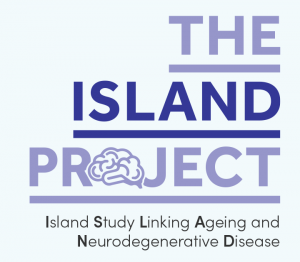
The one-stop portal for ISLAND
This week you will get an email invitation to check out our new platform - ISLAND Home. By logging into ISLAND Home, you can unlock the opportunity to join in activities we recommend for helping reduce your risk of developing dementia and to continue to be part of our research. Here, you will be able to view your current dementia risk profile, complete surveys to assist us with our research, view upcoming courses and activities as they become available and join any of these activities. Your profile will alert you to any activities that you have yet to complete and research and learning offerings that might be of interest to you. Over time, your profile will be populated with these activities and opportunities, so log in regularly! You will also find our newsletters here so you can be kept up-to-date and informed on ways to reduce your risk of developing dementia. Look out for the email from us later this week with the link to ISLAND Home and sign in!
| | Sing in a Choir Online! | 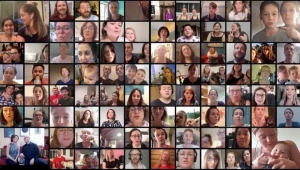
Couch Choir - people from across the globe, singing together
Singing will not reduce your risk of developing dementia, but it is a powerful action, evoking memories, movement and moments of re-connection with people. Singing, by yourself or in a choir, can be emotionally beneficial for everyone, including people living with dementia. The Australian initiative, Pub Choir, brings people together to sing multiple part harmonies of well-known songs. Now, the movement has moved from the pub to the couch - Couch Choir - where people from around the world and of all ages can provide their voices to form a virtual choir. Established by choirmaster Astrid Jorgensen and musician Waveney Yasso, people log into a virtual instructional meeting to learn the harmonies and how to record their singing. A producer compiles the contributions and voila, a choir is formed! Watch Couch Choir here on ABC's Australian Story and the final product, a three part harmony rendition of Bacharach's (They Long To Be) Close To You (1000 strangers from 18 countries). For more information on how to be involved in the next singing collaboration, search for Couch Choir on Facebook. And, if you want to see the power of music and singing for a person living with dementia, watch this short video about Henry, from the documentary Alive Inside.
| | Are You A Carer? Connect Online |
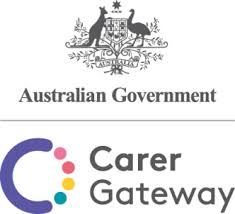 |  |
Discussion Forums for Carers | Online Blokes Club for Carers |
The Australian Government Carer Gateway Community Forum is a great way to connect and meet with other carers who may be facing similar challenges in their caring roles. The Carer Forums provides a safe, anonymous space for carers to connect with each other and offer support. The forums are open 24/7. Go to the website (link below) and dive into the discussion groups simply by setting up an anonymous profile. Carer Gateway website | Men Care Too is a not-profit organisation, which aims to incease awareness and recognition of men in unpaid, informal caring roles, focussing on wellbeing. This organisation holds weekly "2nd Breakfast" chat session for carers. Grab a coffee and a healthy snack and log into the Zoom session online to chat with other carers. Check out the Events page on the Website (link below) for upcoming sessions and their respective Zoom meeting ID codes to get you connected.
Men Care Too website |
|
| ISLAND Project Partners |  |
|
Stay Connected:
|


|
islandproject.utas.edu.au
|
| |
|
|